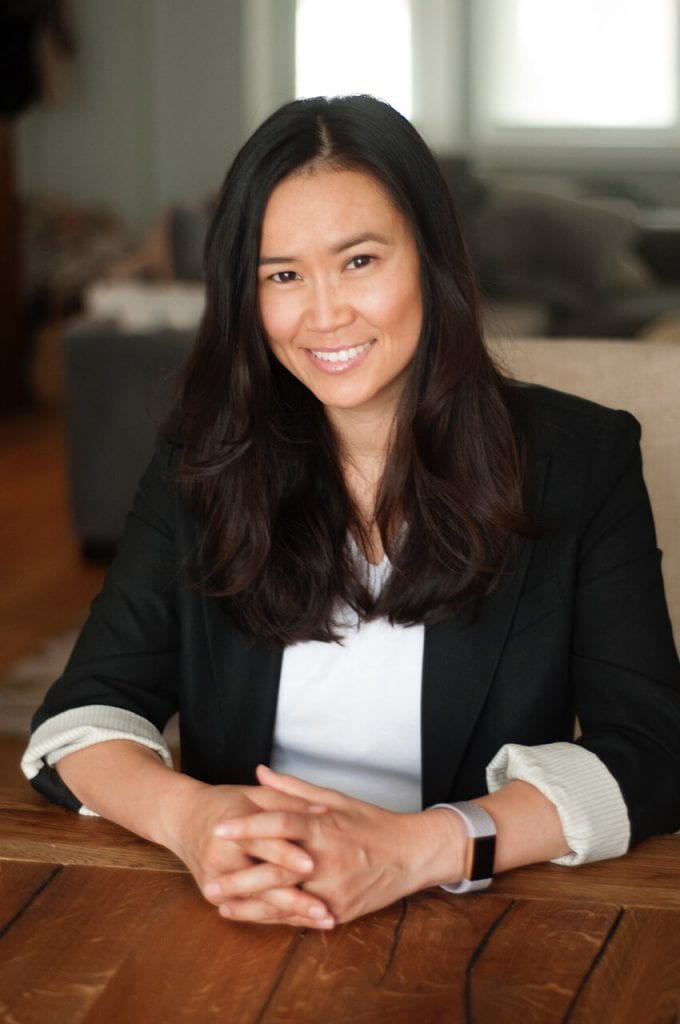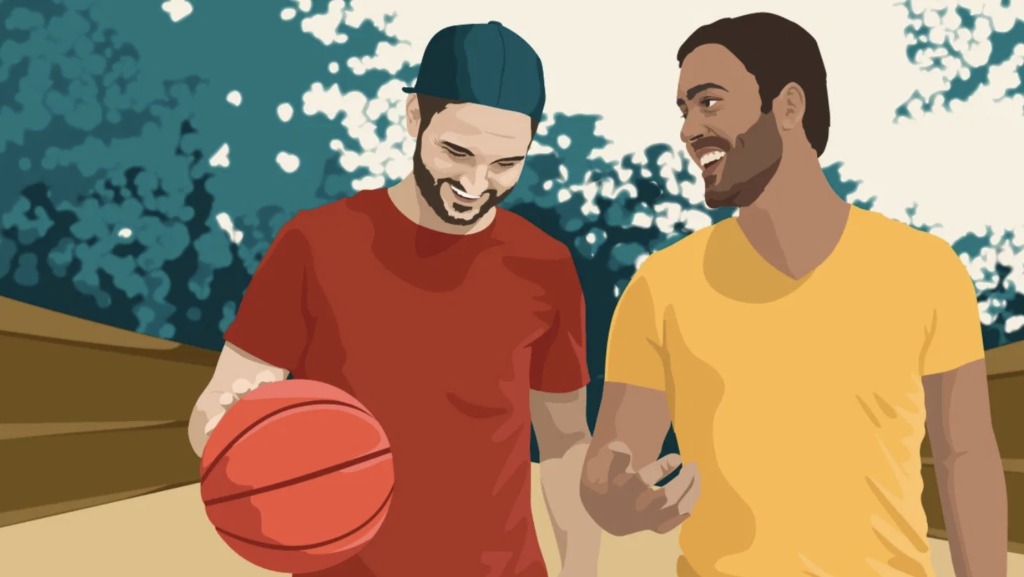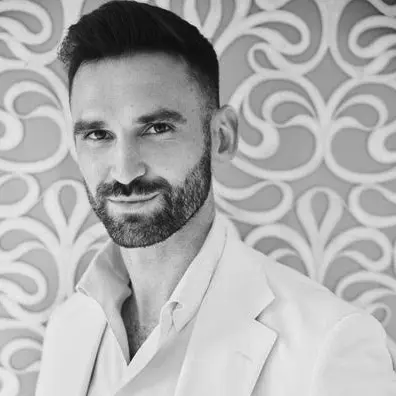Ellen Choi is an Assistant Professor at Ryerson University in the Ted Rogers School of Management. She teaches organizational behavior, which includes topics like decision making, team effectiveness, leadership, and motivation. So why is she on this blog about dudes? Well, 1) she is an incredible human, but 2) as an organizational psychologist, (they study what groups think and feel, as well as how they behave, and work together), Choi is interviewing men from EVRYMAN for a research paper on men and community. She’s doing some wonderful work, so we wanted to dive deeper and share her wisdom.

How did you get into this work?
Organizational Behavior was a mandatory class in business school, and I thought it was ridiculous back then but now I have my Ph.D in this topic!
How did that happen?
When I started practicing mindfulness, it made me way sharper and astute. There is a cognitive functioning benefit here, but I noticed its predominantly woman who were joining the mindfulness studies I was conducting. Knowing mindfulness was not reaching everyone, I wanted to learn more about EVRYMAN.
What surprised you in your work with EVRYMAN?
EVRYMAN creates a space where men are watching vulnerability modeled for each other by each other. This builds trust, and it shatters the constraints of shame when men can talk about vulnerable things in a way that is open and safe. Seeing men you would typically not see in this light seems to be an eye-opening experience for others. I am such a fan of what this exploration can do.
How did you hear about EVRYMAN?
I heard about EVRYMAN through a friend I used to work with in commercial real estate, a former career. I was amazed that this super jockey guy was doing this hard, emotional work. Seeing the transformation of a guy that otherwise I would have thought to be “macho-man” was fascinating.
I reached out to EVRYMAN because I think the way the organization is bringing this transformation to this masculine community is very relevant to workplace mindfulness. The same way there is this toxic masculinity (where men disclose no weakness), there is so much stigma around asking for help and making errors. I wanted to understand better what is happening in this community so other organizations could benefit.
Why are groups so powerful?
When you consider wellness as a predicter of longevity, something we consistently read is that relational health and a sense of community not only buffer the effects of loneliness but also improves one’s physical health. You could quit smoking, stop drinking, eat better, work out daily, and yet nothing would predict your longevity better than the quality of your relationships. Simply put, get better in your relationships and stay out of hospitals.
My husband mocks me that I share every minute detail of my life my friends. Who is my husband sharing his stories with? The social norms of connection are missing for men. It is an obvious gap that men’s groups fill.
What is important about peer-led groups?
I read a study about a wellness training offered within a company. Employees were assigned to one of 3 groups: a) web content training they completed on their own; 2) peer-led training; or 3) peer and expert-led training. In the end, peer-led training was as effective as peer and expert led training, which is important because experts are expensive and, in a community, there does not need to be an “alpha”. In fact, an alpha free learning space may be safe because it offers a level playing field.
Why EVRYMAN?
Masculinity is a cultural construct, it’s not gender based. It prevents help-seeking and both inner growth and collective growth. I was so curious how a group could make this kind of inner emotional work “cool” and EVRYMAN does!
Some men I interviewed from the group would say, “I’ve always been sensitive but at EVRYMAN, it is ok to be sensitive.” What does it mean for a guy to acknowledge their sensitivity in this way? It doesn’t seem to have a positive connotation – but you see the sensitivity in these men is very powerful. It made me wonder if there is a Maslow’s hierarchy in it- it’s not very well validated but it is so pertinent- is there a certain amount of confidence or desperation that brings men here?
How?
I think EVRYMAN challenges societal perceptions on who is permitted to do this kind of “inner” work. The name is clever. The people who feel most ostracized from working on their emotions likely fall into the toxic masculinity category and yet, in my interviews it is strong men that are showing up. It is blowing up this idea that to get “help” you have to be a guy who was dragged to therapy by his partner.
In all of my interviews, the first thing men talk about is a sense of community. It is so important for men. When you think about how self-compassion is measured- it has this element of common humanity. There is something about group work and common humanity that acts like a floodlight that is being thrown on shame. Where there is a sense of community around sharing vulnerability, suddenly the permission to strong and imperfect arises and this diffuses the power of shame. Community enables a shared sense of suffering in whatever capacity – it is the catalyst of healing.
In Viktor Frankl’s book, ‘Man’s Search for Meaning’, he talks about suffering as a gas – it fills whatever container you put it in. If you are a young Asian female sick of Asian hate- this is suffering. If you are a white male who lost his job and is experiencing an identity crisis- that is suffering. There is no sense comparing our issues, it is all painful. With EVRYMAN, men get to see other perspectives, build dialogue, and feel connected.
What do you hope to do with research?
This research is an interdisciplinary collaboration between myself, Tyler Hudson, a clinical psychologist PhD. Candidate at Ohio State, and Allen Sabey, a psychologist at The Family Institute at North Western University. So, we hope to publish this research that explores how masculinity and well-being interact.
What we will see is some explanation of who is coming to this space, and what they experience. In other words, why does a program like this benefit these men in particular? Who do programs like this work for and why? It’s important because we often conduct surveys that ask yes/no questions around “did this training work or not”? These interviews help us see more of the meat and potatoes behind are these lessons sticking and why? Or, how can this type of training be shared with more people?
What do you believe is unique about EVRYMAN?
They have found a way to make this language that so many men need, available to a group of people that haven’t felt like they can or should speak it. And, in their own way, they’ve made doing the work “cool”.
ELLEN CHOI




Leave a Reply